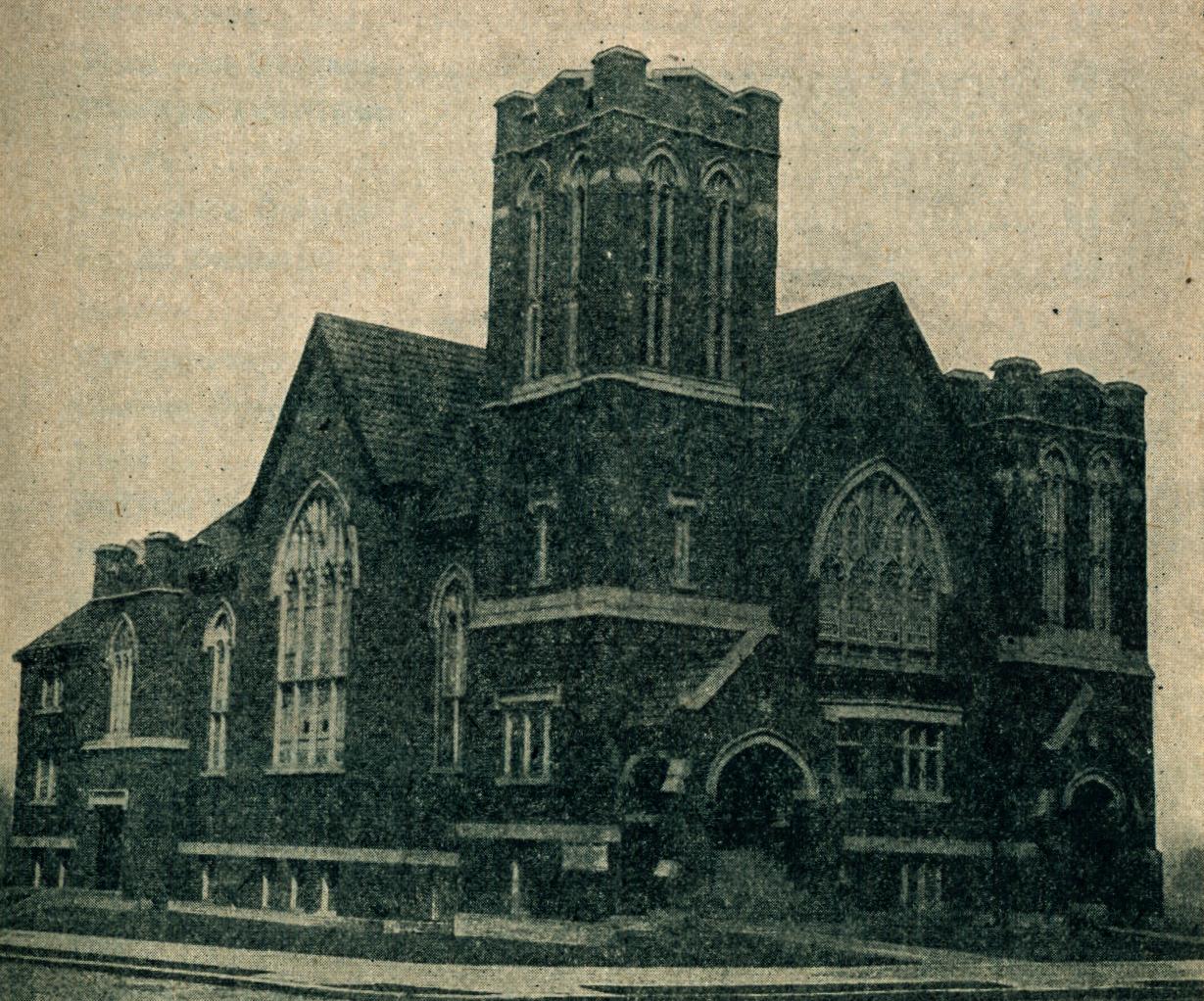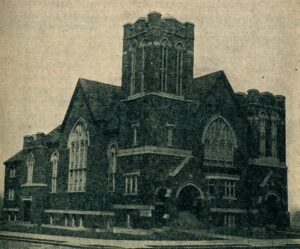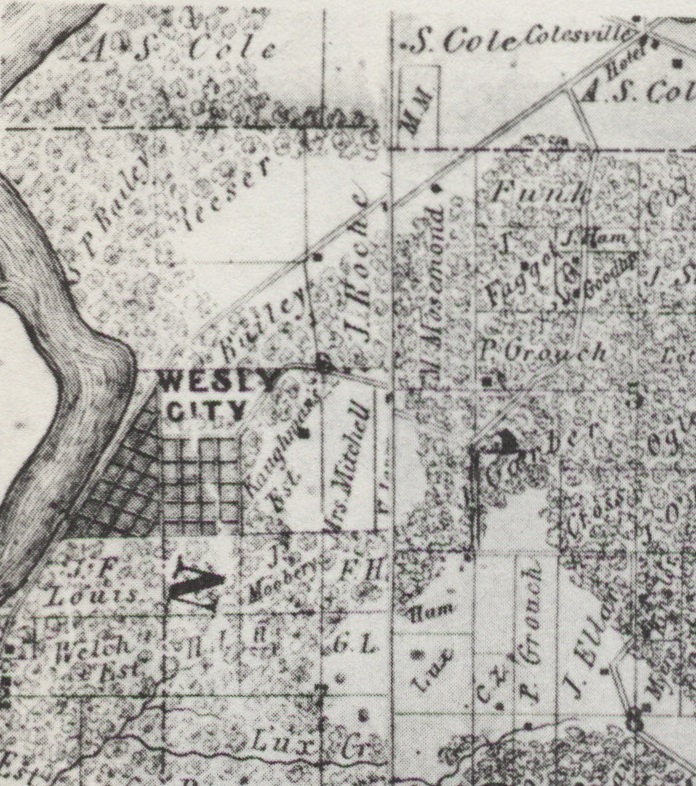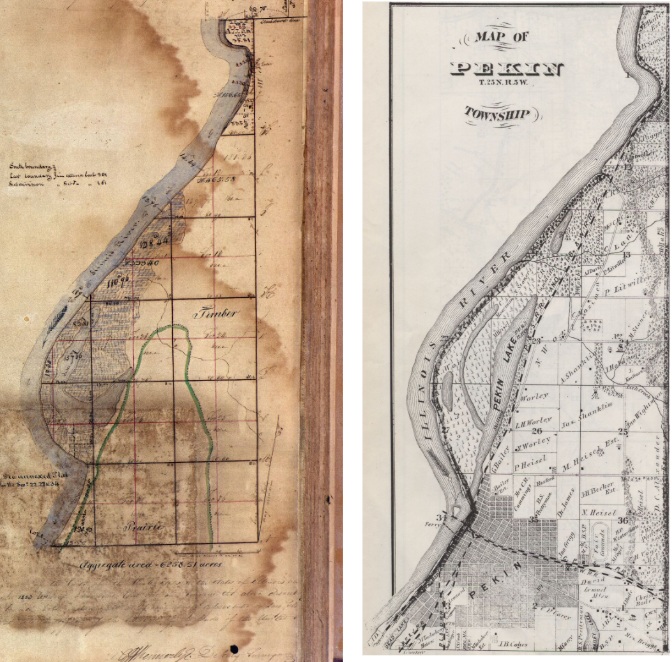Labor Day, which is coming up in just a few more days, has come to represent summertime’s “last hurrah.” Like all holidays and special occasions, it’s a time for special gatherings of family and friends, which, of course, means the preparation of special meals and traditional dishes.
With the thought of traditional meals in mind, this week we will take a look at a collection of recipes in the Pekin Public Library’s Local History Room. It’s the third edition of “The Star Cook Book,” which was compiled and published in 1922 by the ladies of the Star Society of Grace Methodist Episcopal Church of Pekin.
“The Star Cook Book” opens with the following poetic celebration by Owen Meredith of cooking and dining:
“We may live without poetry, music, and art;
We may live without conscience, live without heart;
We may live without friends, we may live without books;
But civilized man can not live without cooks.
“We may live without books: what is knowledge but grieving?
We may live without hope: what is hope but deceiving?
We may live without love: what is passion but pining?
But where is the man that can live without dining?”
The first two editions of their cookbook were apparently very popular. “There has been a constant demand during the past four years for a Third Edition, and the time has come when it can no longer be disregarded,” says a brief introductory frontispiece.
The third edition is 276 pages in length (including the index), and the submitted recipes are categorized in 31 groupings, under subject headings such as soups, dumplings, fish and oysters, poultry and game, meats, casserole dishes, salad dressing, salads, vegetables, breads, sandwiches, cakes, puddings and desserts, and pies. Under each subject heading is an epigram pertaining in some way to dining or the preparation of food. Most of the epigrams are straightforward, such as the one for “Soups,” which has a quote from Shakespeare: “Now good digestion wait on appetite, and health on both.” Other epigrams show a wry sense of humor, such as the one under “Poultry and Game” – another Shakespeare quote (this time from “Julius Caesar”), saying, “Let’s carve him as a dish fit for the gods, Not hew him as a carcass.”
Anyone interested in trying some recipes for Pekin cuisine from about 90 years ago may consult the cookbook in the Local History Room.
This vintage photograph of Grace Methodist Church in Pekin was published in 1922 in the third edition of “The Star Cook Book,” compiled by the women of the church’s Star Society.










